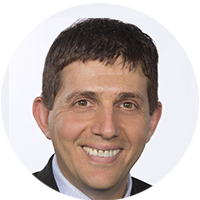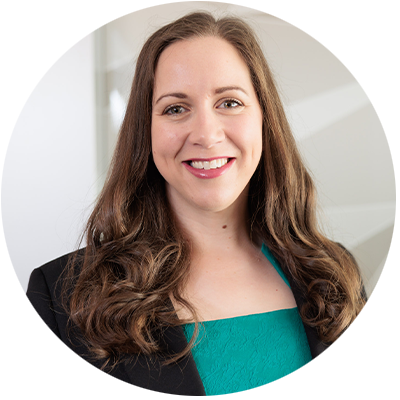Written by


SMSF professionals are operating in an ever changing regulatory landscape, but one constant I experience is the professionalism of people in our industry and their desire to do the best for their clients.
‘Ethics: moral principles that govern a person’s behaviour or the conducting of an activity’ – Oxford Dictionary
A key principle of maintaining this high standard is having our teams operate ethically when it comes to delivering services and dealing with clients. It seems obvious, but having recently sat down with ethics training specialist Nidal Danoun I have learnt it is not always easy or as obvious as you might think.
Nidal highlighted to me “Making decisions are naturally difficult, particularly when we are faced with different alternatives. Making ethical decisions are even more complex, when considering competing moral standards and impacted stakeholders in determining what is the morally appropriate decision or action.”
I admit that I find it hard enough to decide what ice-cream to buy at the supermarket where the primary moral dilemma is whether I pick a flavour my husband also likes. When it comes to financial services, I, like perhaps many of you, have been fortunate to not have faced a material ethical dilemma, and perhaps that is why I find training on ethics so interesting and important. With little experience dealing with ethical issues in the normal course of a day, when/if an issue comes up we might have little real world experience in how to deal with it. Practical training on how to approach such scenarios is invaluable.
In discussing how ethics training can help professionals deal with real life ethical issues Nidal made a good point in saying ‘before we are in a position to arrive at the desirable ethical decision or action, we must ensure that we become aware that we are facing an ethical issue, as ethical issues may not be clearly visible at the outset and may evolve overtime. Furthermore, there are several barriers to ethical decision making’.
This is such an important point, because, whether subconsciously or consciously, who we are and our experiences influence our view of the world and how we interpret different situations.
Nidal notes ‘Amongst the barriers to ethical decision making are our cognitive biases and psychological tendencies, including rationalisation and self-interest. Our biases, can be an impediment in recognising ethical issues and determining our decision making path. Therefore, recognising our biases and acknowledging their impact is a critical first step in our attempt to mitigate our biases and reduce their impeding influence. As individuals, we are moral and self-interested. It’s therefore imperative to recognise the tension between self-interest and ethics, as the ethical water becomes muddier when we are personally involved’.
This is where ethics training comes in. Having an opportunity to learn about and explore the subject of ethics, in particular in the context of our work in financial services, will help us get better at identifying and dealing with ethical dilemmas in our practice.
At Accurium we believe that undertaking professional development in ethics is just as important as other technical topics. Professional associations are also starting to communicate the importance of ethics training for financial services professionals, with CA ANZ members now required to undertake mandatory ethics training as part of their CPD requirements.
To assist you learn more about this important area and how you can integrate ethical thinking into your practice Accurium have teamed up with Nidal Danoun to provide accredited education and training for ethics. These sessions are valuable for accountants and financial advisers and will enable you to not only learn about the important ethical foundations but also develop critical thinking and the capability to identify ethical problems in your practices and address them morally.
In his sessions Nidal will introduce an ethical decision-making framework, a valuable tool for all of your team to start to incorporate ethical thinking into your practice. Nidal identifies that ‘in recognising the complexity of ethical issues and the impact of biases, following a robust process in the form of ethical decision making can help us better deal with ethical situations. Ensuring we are adequately analysing ethical issues and are considering alternatives, by addressing ethical theories and principles to arrive at our decision. The ethical decision-making framework can also ensure consistency in decision making and allow us to continue to learn and reflect on our decision making process’.
Knowing your team have had training in ethics, like first aid or mental health, is an important skill for your team which can count towards their professional development hours. Sign up your team to our ethics series today.

